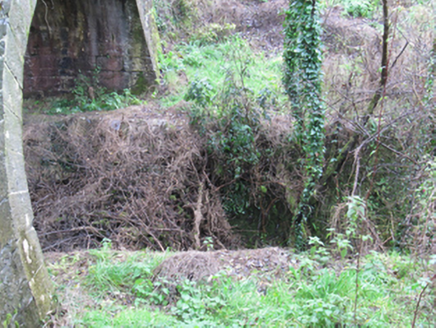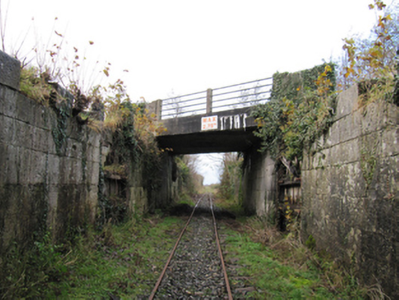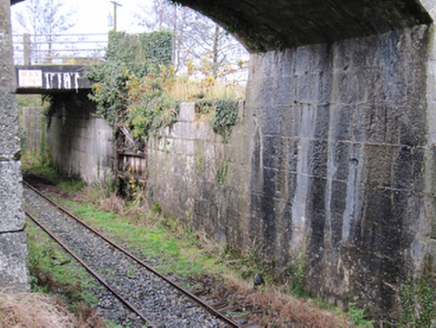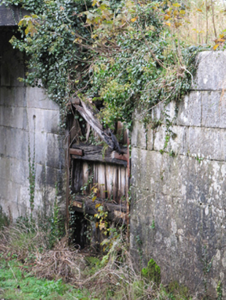Survey Data
Reg No
30410027
Rating
Regional
Categories of Special Interest
Architectural, Social, Technical
Original Use
Canal (section of)
In Use As
Rails (section of)
Date
1825 - 1830
Coordinates
192377, 223984
Date Recorded
17/11/2009
Date Updated
--/--/--
Description
Former canal, opened 1828, closed 1961, now partly in use as industrial railway for Bord na Móna peat extraction. Some coursed cut limestone embankments remaining, with remains of timber lock gates. Canal towpath to either side. Steel narrow gauge railway to bed.
Appraisal
The Grand Canal reached Ballinasloe in 1828 and was for a time the main route for passenger and freight transport to Dublin. It was financially successful until superseded by the railway. The fifteen-mile stretch of canal, linking Ballinasloe to the Grand Canal, constructed under the supervision of Hamilton Hartley Killaly (1800-74) in 1822, with the detailed design and engineering inputs by the contracting engineers, Mullins and McMahon. The use of pre-drainage channels parallel to the canal was designed to allow the canal to be laid through the boggy ground without the embankments breaking. Following the publication of a paper given by Mullins, this technique became the internationally accepted standard for laying canals in soft ground. Although most of the embankments have been removed, those that remain show the skill of nineteenth-century stonemasons in their precision cutting. The route of the canal is still evident, with tow-paths to either side, and serves as a reminder of the importance of the canal as a trade and transport route right up until the 1960s. Part of the route has been reused since the 1960s as an industrial railway for transporting peat.







